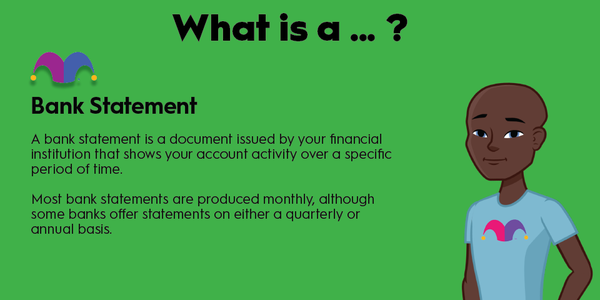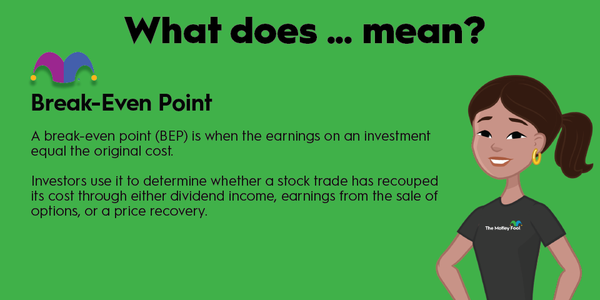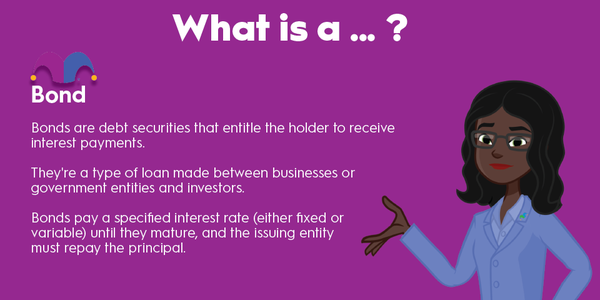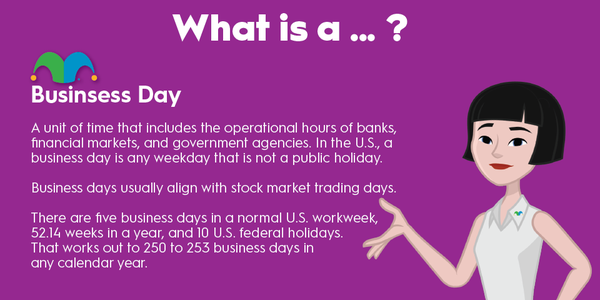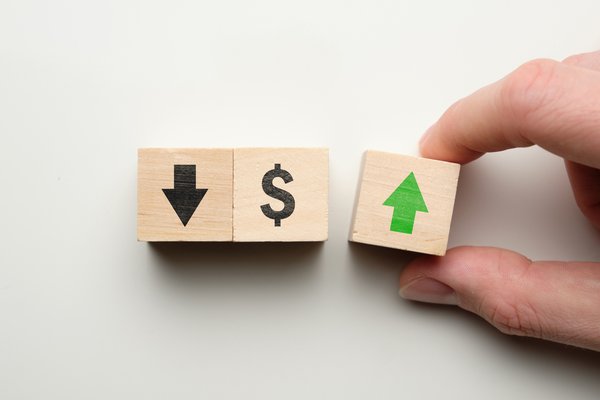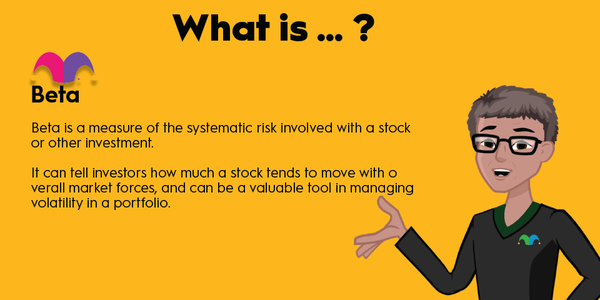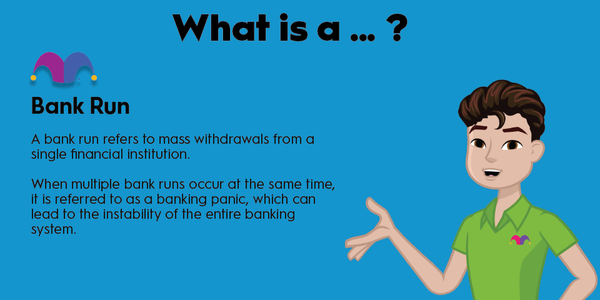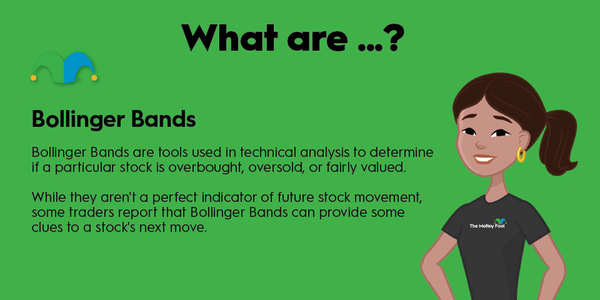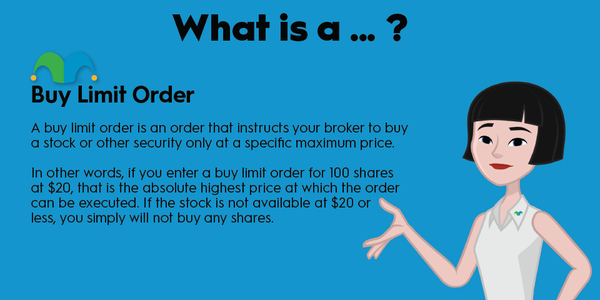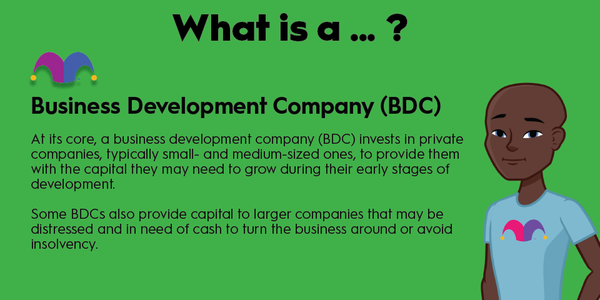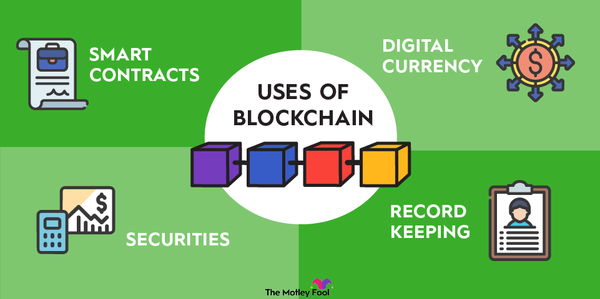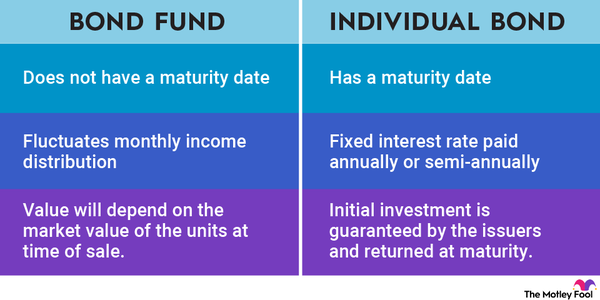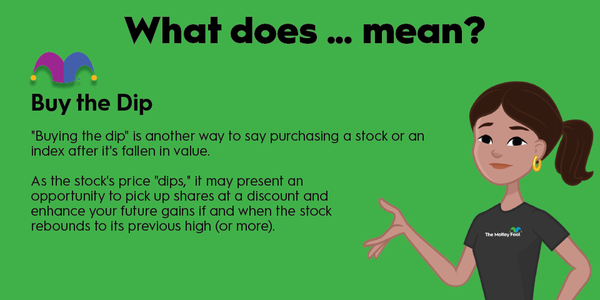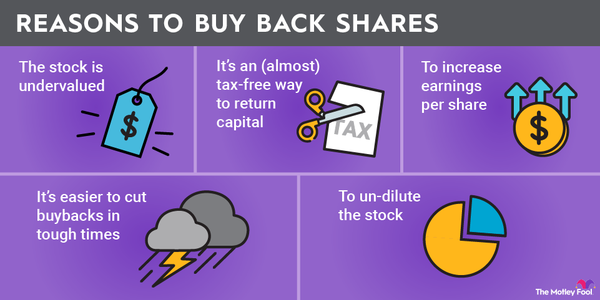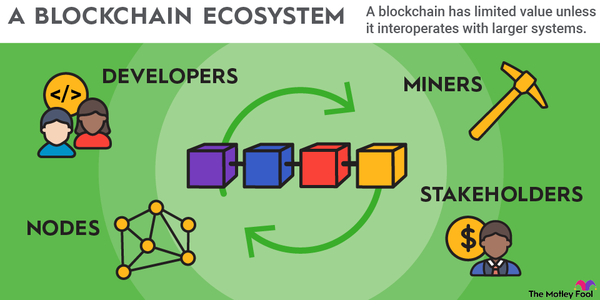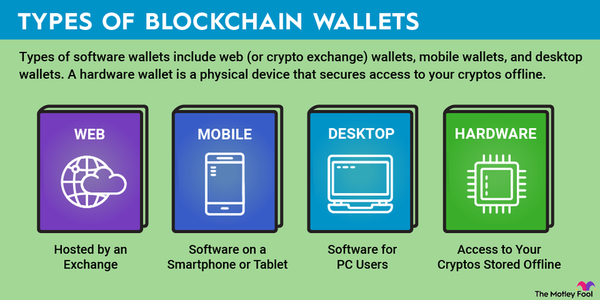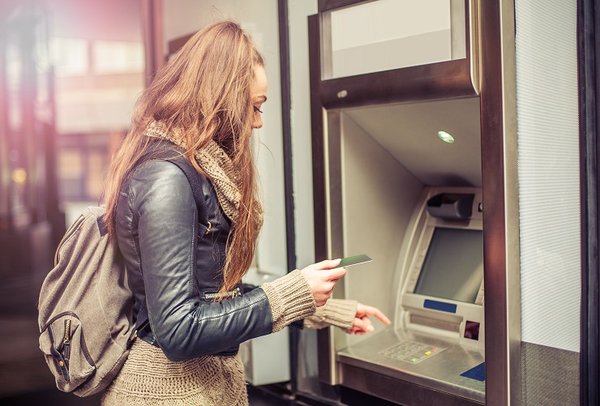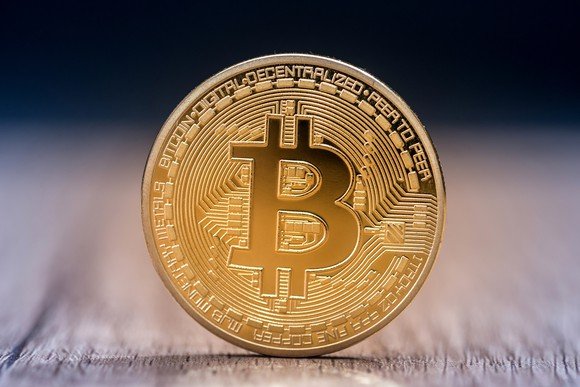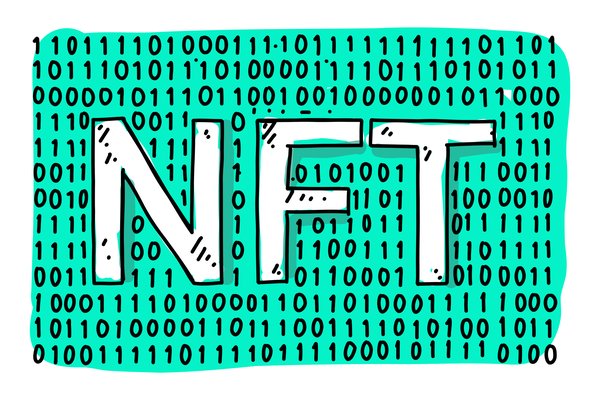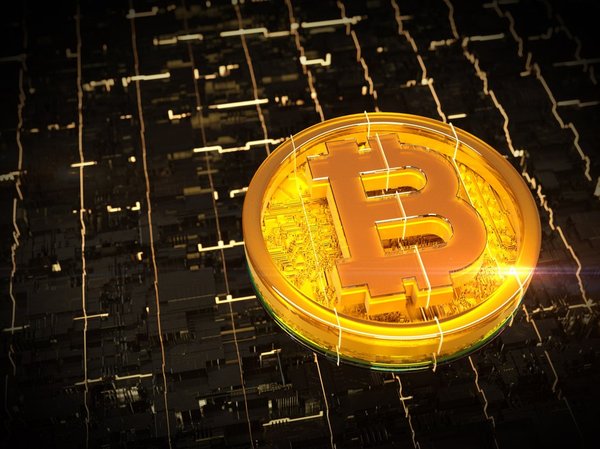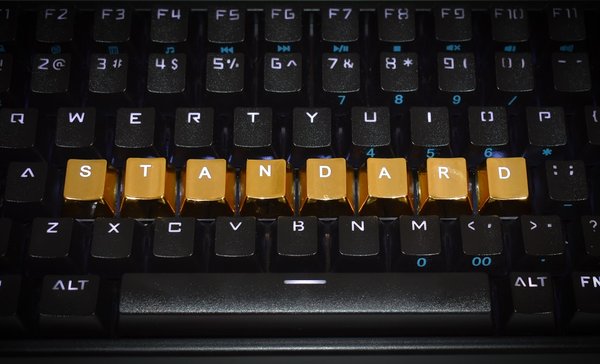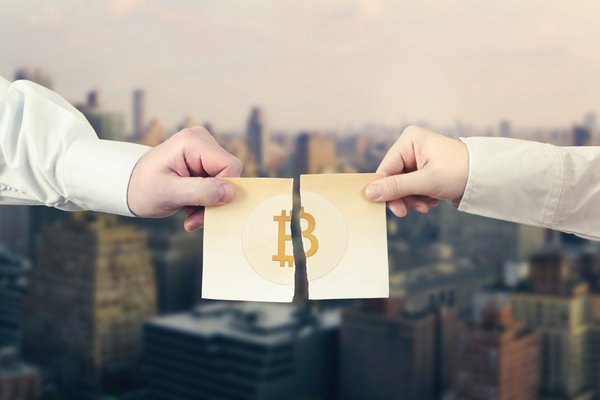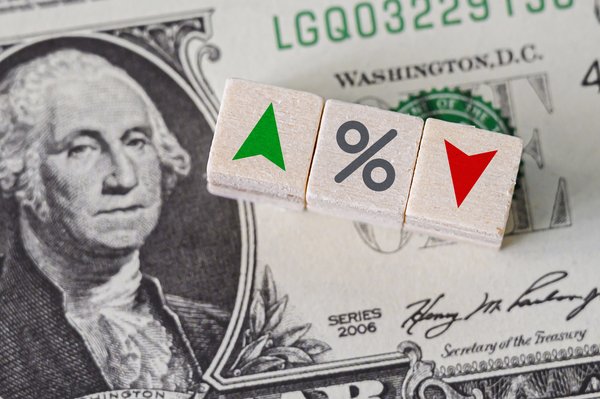Banano (CRYPTO:BAN) is a meme token that was created through a hard fork of Nano (CRYPTO:XNO). Like most meme tokens, it started as a joke, and it still doesn't take itself too seriously.
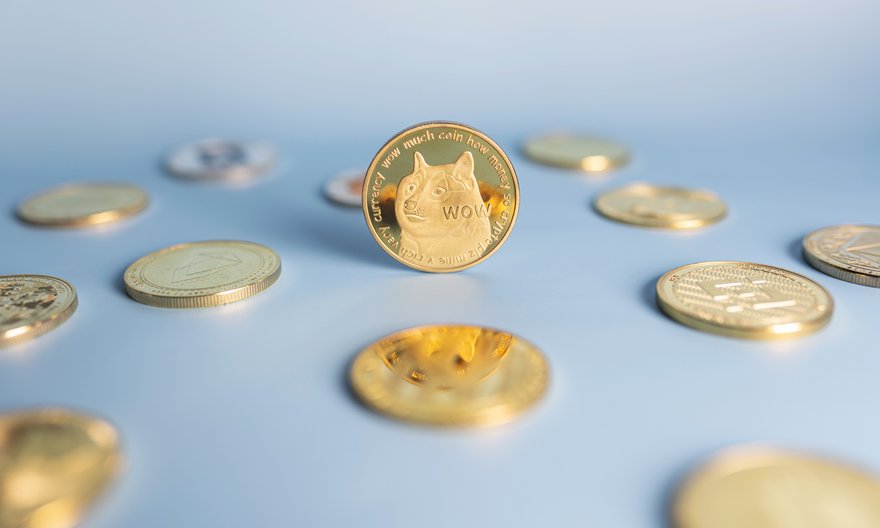
Although meme tokens deservedly get a bad rap, Banano is different from the norm and in a good way. It offers transactions that process in seconds with no fees, and there are several easy ways to get free Banano. Most importantly, after seeing a lot of meme tokens, I have to give Banano credit for not being based on the Doge meme.
It would be a stretch to say that Banano is a good investment, but it's interesting and fun, so it is worth knowing about.
Uniqueness
What makes Banano unique?
The first things that stand out about Banano are transaction fees and times, which are about as good as it gets. Transactions have no fees and a three-second confirmation time. This makes Banano perfect for small transactions, such as tipping someone else on a forum.
Banano aims to be welcoming and easy to understand for people who are new to cryptocurrency. Through Banano faucets, which are available on its website, anyone can get free BAN tokens. There are multiple faucets available, including games you play to earn Banano and a messaging app that gives out Banano to anyone who wants it.
One of the most interesting faucets is the Banano Miner. Like other types of cryptocurrency mining, it involves donating your CPU or GPU power and receiving Banano in return. The cool part is that your computing power is used for Folding@Home, a software that runs protein fold simulations to help scientists around the world fight diseases.
Where it came from
Where Banano came from
A group of Nano contributors founded Banano as a joke in April 2018. Banano is a hard fork of Nano, meaning the developers copied Nano's source code. During the launch, they distributed free BAN tokens through an airdrop to all Nano holders who opted in and provided their wallet addresses.
There's little information available about the team behind Banano. The website only lists their nicknames and a short tongue-in-cheek description: for example, LOSHA1X, who's a "professional life hater."
How it works
How Banano works
While most cryptocurrencies record transactions using blockchain technology, Banano uses Directed Acyclic Graph (DAG) technology. A blockchain is one long chain of blocks, with each block containing a group of transactions. DAG uses a graph structure where transactions are interconnected vertices, and each transaction is built on a previous one.
On Banano, each account has its own blockchain. Every payment requires two transactions: a send, which is deducted from the sender's balance on their blockchain, and a receive, which adds the same amount to the recipient's blockchain.
To secure the transaction ledger and prevent fraud, Banano uses open representative voting as a consensus mechanism. Open representative voting is like proof of stake but with the ability to delegate one’s stake. Banano account holders choose a representative node to vote on their behalf in the event of conflicting transactions. Anyone can run a node, but since continuously running one isn't practical for everybody, the representative system allows users to vote by proxy.
Banano uses a proof-of-work system as an anti-spam tool. When you send Banano, your device must solve an equation to show that it expended processing power. Most average computers can calculate the answer in a second or two.
Partnerships
Partnerships
The most impressive thing about Banano is how much it has contributed to Folding@Home through the Banano Miner. As mentioned above, Folding@Home allows people to run its software and donate their computing power to contribute to medical research. This helps fight diseases such as Alzheimer’s, cancer, COVID-19, and Parkinson's.
Anyone with a Banano wallet can earn BAN tokens for helping with this research. The Banano community has contributed a considerable amount this way; it's in the top 10 on Folding@Home's all-time leaderboard.
Banano has also partnered with other cryptocurrency projects. It announced a partnership with Vite Labs, the company behind the Vite blockchain network, in 2020. It established a partnership with ApeSwap (CRYPTO:BANANA), a decentralized finance (DeFi) hub, in 2021.
Should I invest?
Can I make passive income with Banano?
There are all kinds of ways to earn free Banano. You can find several of them on the cryptocurrency's website in the "Get Banano" section. If you're looking for passive income, you can provide proof of work for apps and services through Boom POW, or you can run the Banano Miner.
Banano also has more active ways to earn BAN tokens. It frequently has games you can play, and, unlike most crypto games, there's no start-up cost required. There's also its JungleTV platform, where you can get Banano for watching videos.
To keep expectations realistic, you're not going to get rich with any of these. Banano isn't worth much, so it's not like you're getting free Bitcoin (BTC -1.36%) here. But these are all easy ways to collect some free crypto tokens.
Risks
Unique risks
Meme cryptocurrencies such as Banano are inherently risky because they're heavily reliant on popularity. Even though some, most notably Dogecoin (DOGE -3.01%) and Shiba Inu (SHIB -2.93%), have generated huge returns in a short amount of time, they tend to lose their value just as quickly.
Banano has a strong community that has built several projects related to it, including JungleTV and a dice game, BananoBet. Although there are many people who love Banano, its silly nature will likely turn off just as many potential buyers.
Another issue is that Banano doesn't have any notable competitive advantages. Fast transactions with no fees are great, but Nano, the cryptocurrency it's based on, already has those. Other cryptocurrency projects have more applications, such as smart contracts, but Banano doesn't. It's entirely focused on being a free payment system.
Is Banano a good investment?
Banano isn't the best choice as a cryptocurrency investment, but it's easy enough to get for free if you're interested in it.
To be honest, I liked Banano more than I thought I would at first glance. It's beginner-friendly, it has some fun projects, and it doesn't market itself as a get-rich-quick opportunity.
That doesn't mean you should pick Banano if you want to invest in cryptocurrency. There's nothing to indicate Banano is likely to increase in value over the years. The best-case scenario is that it manages to capture widespread attention like other meme tokens, but you're rolling the dice if you invest in hopes of that.
Related investing topics
How to buy Banano
Most crypto exchanges don't have Banano, so it's not the easiest token to buy. You can find it on CoinEx or on decentralized exchanges, including PancakeSwap (CAKE -2.1%) and ApeSwap. To use a decentralized exchange, you'll need to connect a blockchain wallet and trade another cryptocurrency for Banano.
Remember that you can always get Banano for free instead of buying it. The Banano website has everything you need to get started. Simply pick one of the Banano wallets, set it up, and you can receive BAN tokens through any of its faucets.


